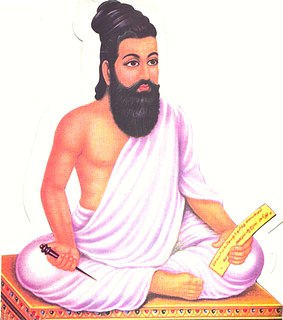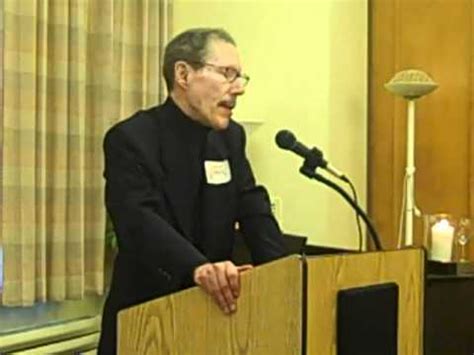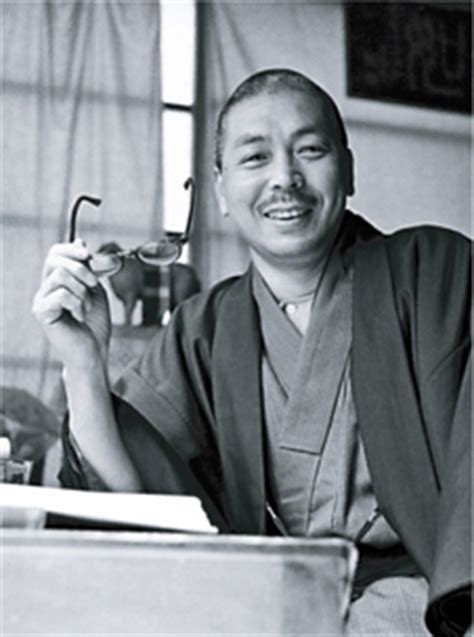A Quote by Narendra Modi
The life of Gautama Buddha illustrates the power of service, compassion and, most importantly, renunciation. He was convinced that material wealth is not the sole goal.
Related Quotes
Sri Yukteswar used to poke gentle fun at the commonly inadequate conceptions of renunciation."A beggar cannot renounce wealth," Master would say. "If a man laments: 'My business has failed; my wife has left me; I will renounce all and enter a monastery,' to what worldly sacrifice is he referring? He did not renounce wealth and love; they renounced him!"Saints like Gandhi, on the other hand, have made not only tangible material sacrifices, but also the more difficult renunciation of selfish motive and private goal, merging their inmost being in the stream of humanity as a whole.
For many years, I have kept in my office an ink drawing of two smiling figures with their arms around each other: Jesus Christ and Gautama Buddha, with the caption: "Jesus and Buddha must be very good friends." They are not the same, but they are friends, not enemies, and they are not indifferent to one another.
Only when all your desires disappear does that energy become compassion, KARUNA. You cannot cultivate compassion. When you are desireless, compassion happens; your whole energy moves into compassion. And this movement is very different. Desire has a motivation in it, a goal; compassion is nonmotivated, there is no goal to it, it is simply overflowing energy.
Our culture is hung up on and overemphasises what can be derived from material objects. I think this is something quite new, over the past 200 or 300 years - that life has become about accumulating material wealth. The 21st century is not about accumulating material wealth like the 20th century. It's already eroding.
You may have seen people praying to an image as if it had special power. Perhaps they're wishing for the well-being of their family, for material prosperity, or to recover from illness. But this way of practicing faith only leads to a dead end. Buddha images should serve as inspirations to cultivate the infinite loving kindness latent in the buddha within us.
Tremendous purity, tremendous renunciation, is the one secret of spirituality. “Neither through wealth, nor through progeny, but through renunciation alone is immortality to be reached,” say the Vedas. “Sell all that thou hast and give to poor, and follow me,” says the Christ. So all great saints and prophets have expressed it, and have carried it out in their lives. How can great spirituality come without renunciation?
Compassion is a chameleon: it can wear the face of fear, anger, sadness, joy or even dispassion, depending on what's needed at the time. The compassionate Buddha has a smile in one eye and a tear in the other, and our Buddha mission is to lead people to true freedom, not to hold their hand and tell them that everything is going to be all right. In teaching, compassion means doing whatever needs to be done to get to the next phase.































